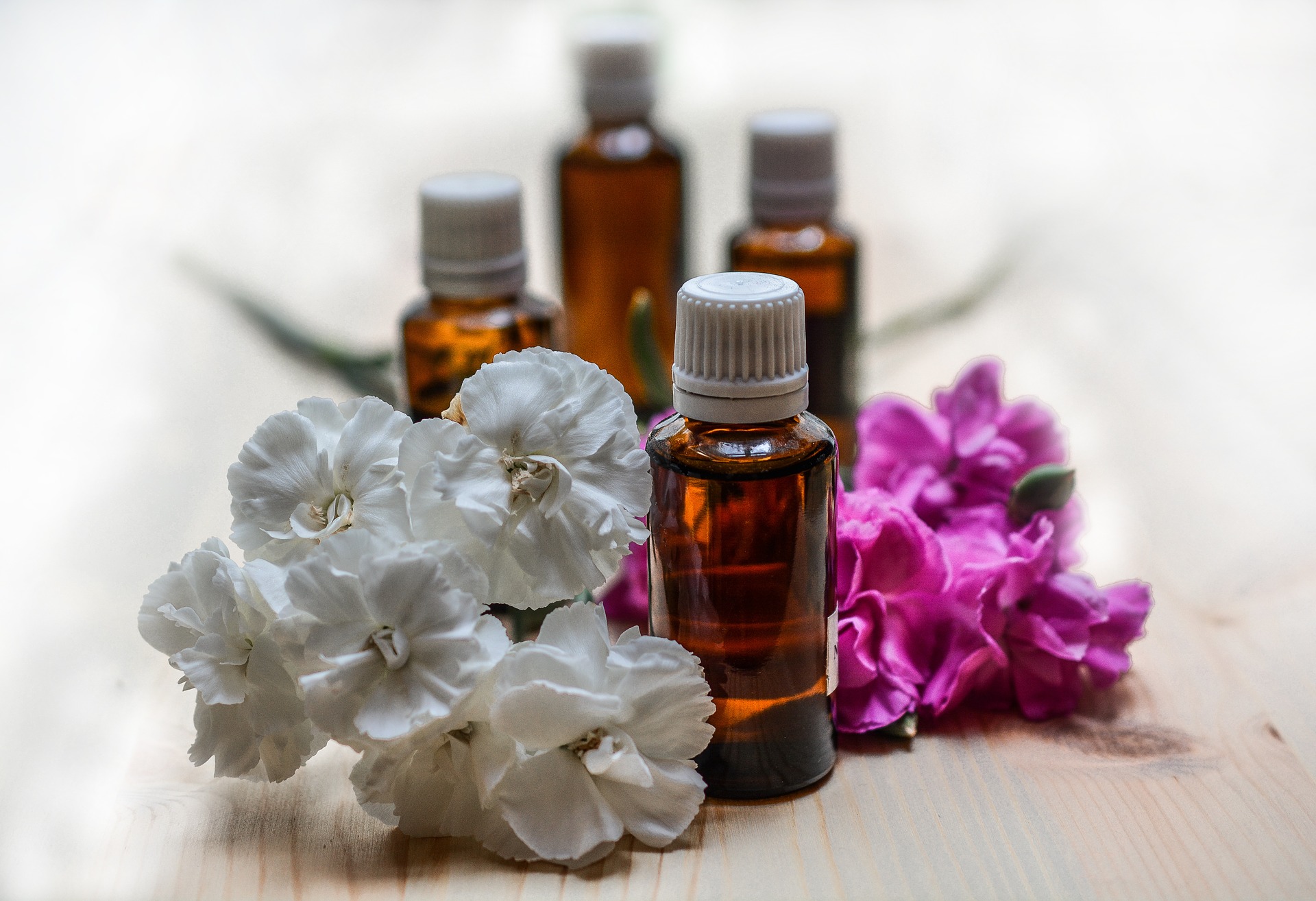Michelle Statton-Dickie begins each day with a deep inhale. Her home diffuser puffs out clouds of lavender-scented vapour that she breathes in during her morning meditation to set a calming tone for the day. “Our mind is always going a mile a minute and we need to slow it down — essential oils can help,” she says.
At work, the 44-year-old Barrie, Ont., chiropractor dabs peppermint oil on the temples of her patients who suffer from migraines. She uses an orange-scented roll-on as an energizer. Essential oils, she says, keep her feeling balanced, happy and productive. Her favourite is frankincense. “It’s like the oil of truth — it can open our spiritual channels.”
You may unsubscribe from any of our newsletters at any time.
Statton-Dickie isn’t alone in her daily use of these highly concentrated plant extracts. It’s a booming business, thanks in part to the wellness trend that turns its nose up at chemicals. The global essential oils market, valued at US$6.6 billion in 2016, is expected to increase to $14 billion in the next six years, according to U.S.-based Grand Review Research. PROFIT reported the Vancouver-based Saje Natural Wellness chain saw a more-than-1,000-percent increase in revenue between 2010 and 2015. The company’s 74 serene, amber-lit stores raked in between $50 million and $100 million last year.
Some tout these potions as a cure for every disease from Alzheimer’s to cancer. But such claims lack hard scientific proof. In 2014, the Food and Drug Administration (FDA) admonished Young Living and DoTerra, the multi-level marketing companies that have the biggest share of the oil market, for making false medical promises. Only a smattering of small studies prove essential oils may be effective for helping with other issues, such as insomnia, anxiety and headaches.
Spiritual benefits, on the other hand, are nearly impossible to measure and marketers capitalize on consumers’ willingness to accept the possibility. For example, Young Living’s “Believe” product is “an uplifting scent” formulated with frankincense and Idaho blue spruce, that “encourages feelings of strength, faith and hope.” Another company, Aroma Foundry, offers a three-day solitary spiritual ritual promoting patchouli for grounding, lavender for purifying and cedarwood for enlightenment.
Some churches and spiritual leaders also endorse these ethereal effects. Donnie Yance, a Franciscan monk and blogger, believes “essential oils are the perfect element to guide our spiritual attainment and uplift our hearts.” Alberta’s Sherwood Park United hosts regular essential oils workshops. “If this is something people find helpful and it enhances their physical and spiritual lives, then why not?” says the church’s minister, Rev. Terrie Jackson.
Using essential oils for religious purposes is nothing new. Egyptians anointed corpses with cedar as part of mummification. All four gospels of the Bible tell the story of the woman who anointed Jesus’ feet with a pound of costly spikenard oil. In fact, essential oils are mentioned nearly 200 times in the holy book for their ability to ward off illness, induce sleep, cleanse homes and to show devotion, says Randi Minetor, author of Essential Oils of the Bible. “Today we use many of these essential oils in the same ways.”
Proponents such as Minetor believe these oils can aid in meditative practices and thus enhance introspection and increase spiritual awareness. There’s no question they’ve stood the test of time. And, as in Jesus’ day, some of these oils are still costly (a tiny 5 mL vial of spikenard will set you back about $70).
They’re a divine addition to the bottom line for marketers. And aroma adherents are willing to pay the price, especially since many believe these products are a scent from above.














